Television has played an important role in shaping up Indian entertainment. Connecting with audience of all age groups, filmmakers are telling stories deeply rooted in desi culture and milieu. Some superstars of today started their careers with television and paved a path from screens to hearts instantly. Today, on World Television Day 2025, renowned TV personalities, who are significant in changing the landscape on small screen, spoke to Zoom exclusively and shared how the medium shaped their careers and lives. Popular actress Shubhangi Atre, who has done shows such as Kasautii Zindagii Kay, Kasturi, and the recent Bhabiji Ghar Par Hain!, said, “Television has shaped my life in the most beautiful and meaningful way. I truly believe that the magic
of old Indian TV can never be forgotten — it was an era that valued simplicity, purity, and strong storytelling. Coming from that school of thought, I have always carried those values with me.”ALSO READ:World Television Day 2025: Arjun Bijlani Lauds Indian TV For 'Matching Global Standards' | Exclusive She further added, “My journey in television has been nothing short of transformative. It has taught me patience, dedication, and the ability to reinvent myself with every new character. TV gave me a platform to reach millions of households, to become a part of their daily lives, and to build an emotional bond that only this medium can create. I feel incredibly grateful that television made me who I am — not just as an actor, but as a person. The love, recognition, discipline, and constant creative challenges have shaped my journey at every step. Even today, when the industry is evolving rapidly, the essence of old Indian TV still guides me. It reminds me why I fell in love with acting in the first place and why this medium will always hold a special place in my heart. Playing Angoori Bhabi has been a blessing — the character brought me immense love, recognition, and a connection with audiences that felt almost familial. It’s rare for an actor to find a role that becomes a part of their identity, and for me, Angoori is exactly that.”
Taarak Mehta Ka Ooltah Chashmah’s Anjali Mehta, played by Sunayana Fozdar, credited television for her livelihood. She elaborated, “Whatever I am today, I owe television a major part of it. TV has a lot to contribute because I've done so many shows. I've learnt so much from TV. It has also been the reason for my financial growth and stability, and I've grown as a person. I definitely owe television a lot.” Talking about the evolution of television, she shared, “The scenario has changed today, especially in terms of shooting. It’s more systematic, organised and our hours are more in order. It has definitely changed compared to what it was before. I know of people who were doing 72-hour shifts before, which is not the case now. That is something that has changed; work hours are better. There are so many channels and a lot of work being done, even in terms of content diversity. The growth is immense, and we’re also covering rural areas, the masses, and classes. There is more variety and a wider landscape now.”
Shivam Khajuria of
Anupamaa celebrated World Television Day 2025 by saying, “Television has definitely changed my life because this medium has been my starting point. It has given me the opportunity to pursue my passion. For people like us who have no backing from the industry and don’t know where to start. There’s no nepotism in television and that’s a good thing. I am inspired by television because it is the only medium that reaches every street, every home even in rural India. I remember my mother and sisters would watch television shows. They would look forward to watching television.” He further shared, “Earlier, we would shoot for five days and now, we’re doing it daily. This shows there is demand for episodes and the audience is hooked. People connect their personal lives with television shows. Different stories are told to the audience, which wasn’t the case earlier. Quality and quantity of content have improved. We have a long way to go, but we’ve also come a long way. We’re now telling stories that bring some value to television.”
Anupamaa actress Adrija Roy told us, “Television has truly transformed my life in ways I couldn’t have imagined. Working in both Bengali and Hindi television has been a blessing for my artistic and personal growth. My journey in Bengali TV taught me emotional depth, discipline, and the value of staying rooted in my craft. When I transitioned to Hindi television, the shift in language opened up an entirely new creative dimension for me.” She further credited the medium by saying, “Every language carries its own rhythm, culture, and emotional nuance. Understanding and adapting to those differences has made me more versatile as an actor and more grounded as a human being. Television has given me recognition and a sense of purpose. It has pushed me creatively, emotionally, and mentally — always challenging me to evolve, to explore new facets of performance, and to connect with audiences across regions. In many ways, TV didn’t just change my career — it shaped who I am today.”
Veteran actor Saanand Verma, who has contributed to television through shows like Bhabiji Ghar Par Hain!, recalled, “We didn’t have a TV at home initially. Every Sunday, my sister and I would walk 2–3 km to a family friend’s house just to watch the Sunday movie on Doordarshan. It was the highlight of the week. TV gave us immense joy because we had no other source of entertainment then.” “From black-and-white TVs to LCDs and LEDs, and now OTT and digital platforms — technology has advanced massively. New formats, vertical shows, web series… so much has changed. But evolution is natural. Humans are meant to grow, create, and innovate. Television is no exception. Television will always be special in India because our country is huge, and TV is still the easiest to access. My own mother prefers TV even though we have a smart TV at home. She remembers channel numbers and watches everything traditionally,” he noted before adding, “Even today, 70–80% of people cannot use high-quality internet. In remote areas, the network disappears completely. That’s why TV will never die — it is reliable and deeply rooted in Indian households.”
As we celebrate World Television Day 2025, do let us know how TV shaped your lives by tweeting to @TimesNow.

/images/ppid_a911dc6a-image-176373416934968734.webp)

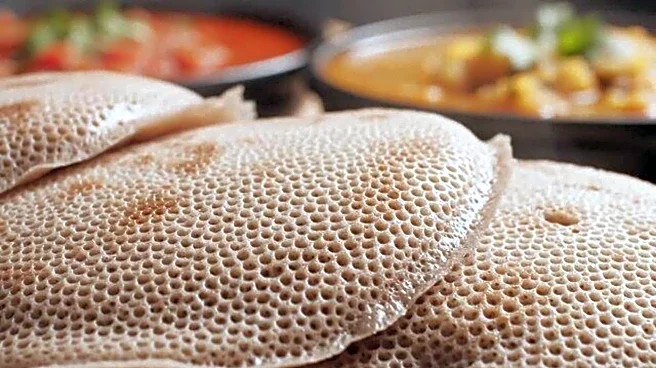

/images/ppid_a911dc6a-image-17708809495098817.webp)
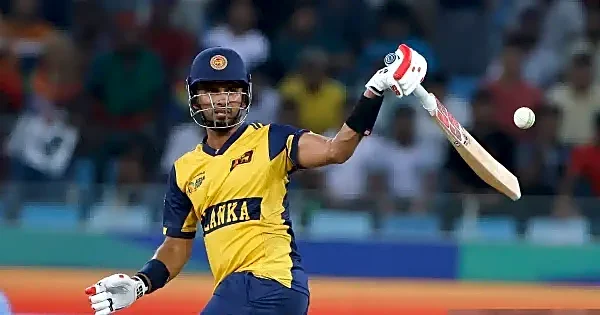


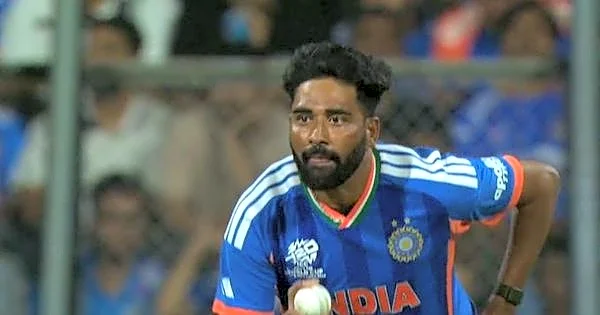
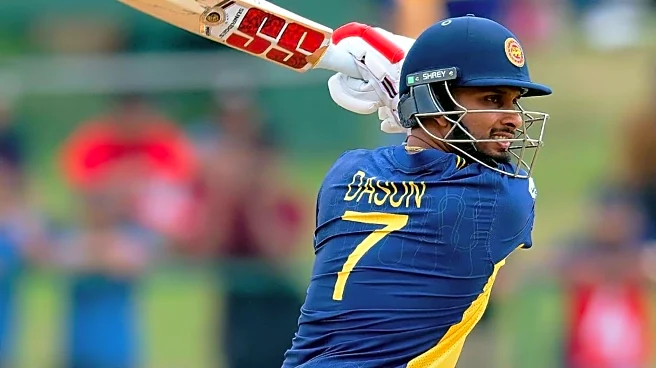

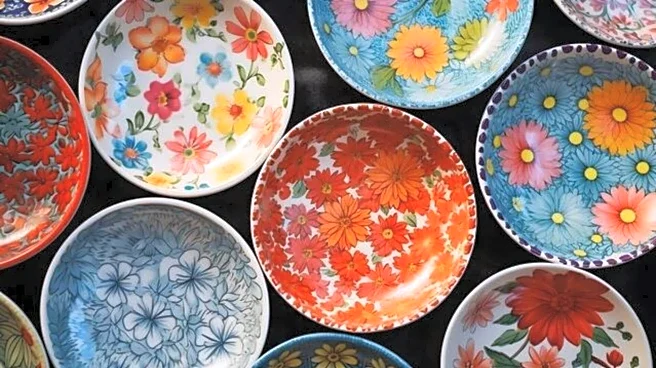


/images/ppid_a911dc6a-image-177088105837360575.webp)
/images/ppid_a911dc6a-image-177088102480749256.webp)
/images/ppid_a911dc6a-image-177088109440221446.webp)
/images/ppid_a911dc6a-image-177088108433540521.webp)